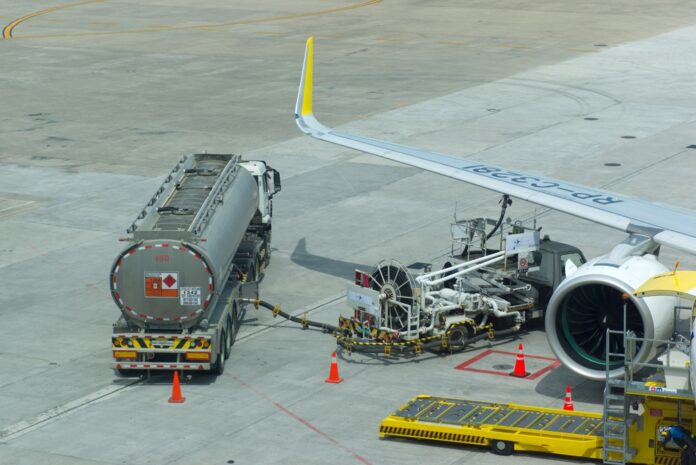The country’s domestic air passenger traffic hit a record high of 32.1 million in 2024, the highest figure since 2015, according to data released by the Civil Aeronautics Board (CAB). The 10.98 percent increase from 28.96 million passengers in 2023 signals a robust recovery and growth in the aviation sector, underscoring the nation’s economic rebound.
Cebu Pacific retained its flight leader position as the dominant player in the domestic market, carrying a total of 15 million passengers. PAL Express followed with 8.51 million passengers, while Philippine AirAsia transported 4.99 million. Other notable carriers, such as CebGo and Philippine Airlines, contributed to the overall surge in passenger traffic, carrying 2.26 million and 633,060 passengers, respectively.
Smaller airlines, including AirSwift Transport Inc. and Sunlight Express Airways, reported more modest numbers of 430,996 and 134,627 passengers, respectively, while Royal Air Charter Service Inc. and Island Aviation Corp. rounded out the sector with 38,845 and 12,057 passengers.
In parallel, international passenger traffic also showed impressive growth, rising 11.93 percent to 27.77 million in 2024. Domestic carriers carried 13.20 million international passengers, while foreign airlines accounted for 14.58 million. Philippine Airlines (PAL) led this segment with 6.07 million international passengers, closely followed by Cebu Pacific at 5.66 million.
The surge in passenger numbers comes amid significant policy changes, including a rise in passenger and cargo fuel surcharges announced by the CAB. Effective from 1 to 31 March 2025, fuel surcharges for both domestic and international flights rises to Level 5. Domestic flights will see surcharges ranging from P151 to P542, while international flights will see charges from P498 to P775. The surcharges are designed to help airlines recover rising fuel costs and mitigate losses from volatile oil prices.
The increase in fuel surcharges comes as part of the CAB’s ongoing effort to balance industry sustainability with consumer protection. Airlines are required to file applications for surcharge adjustments before they are implemented, ensuring transparency in the process.
Overall, the rise in domestic and international air traffic alongside these policy adjustments reflects a promising recovery and dynamic future for the Philippine aviation industry, indicating continued growth and competition in the sector in the coming years.







